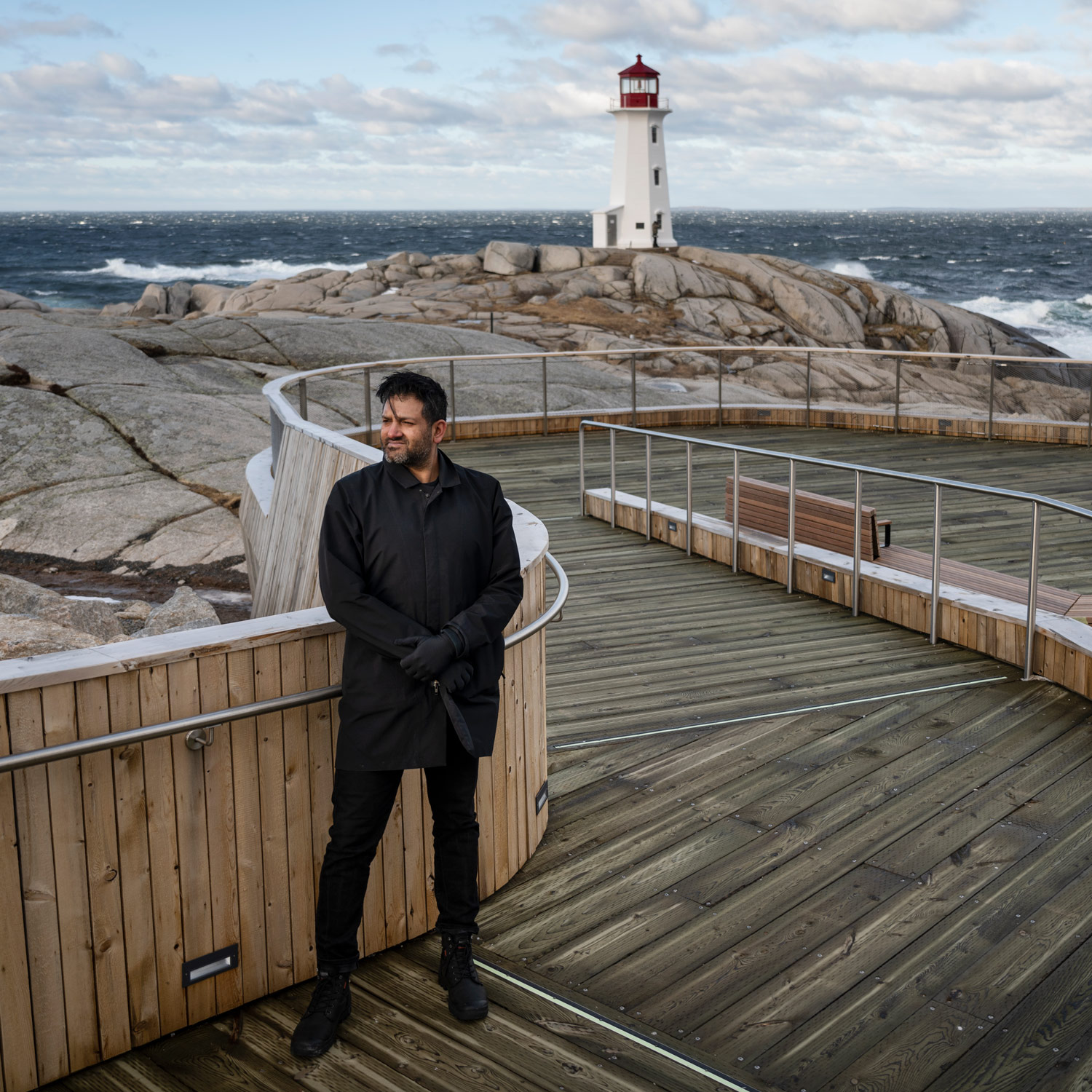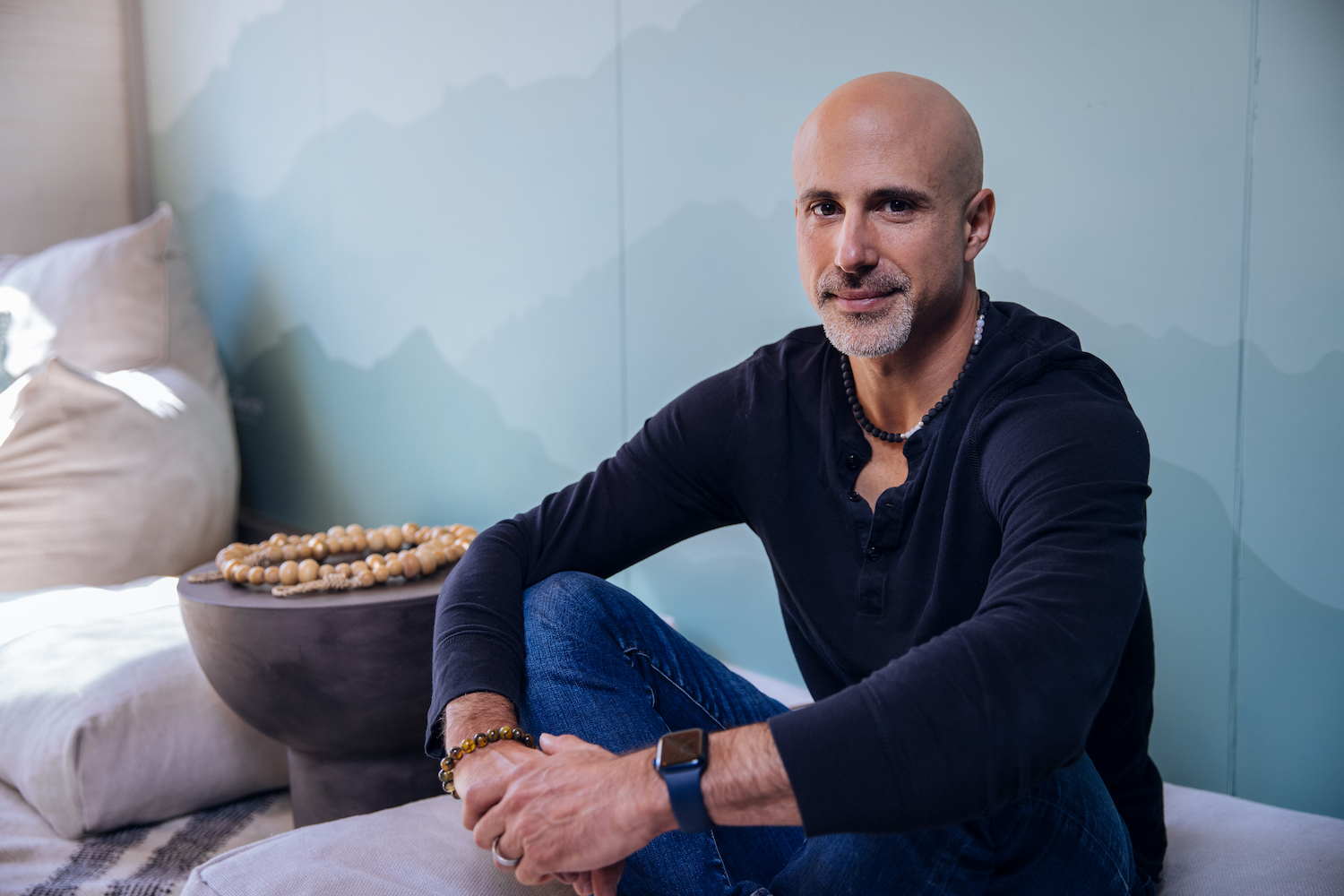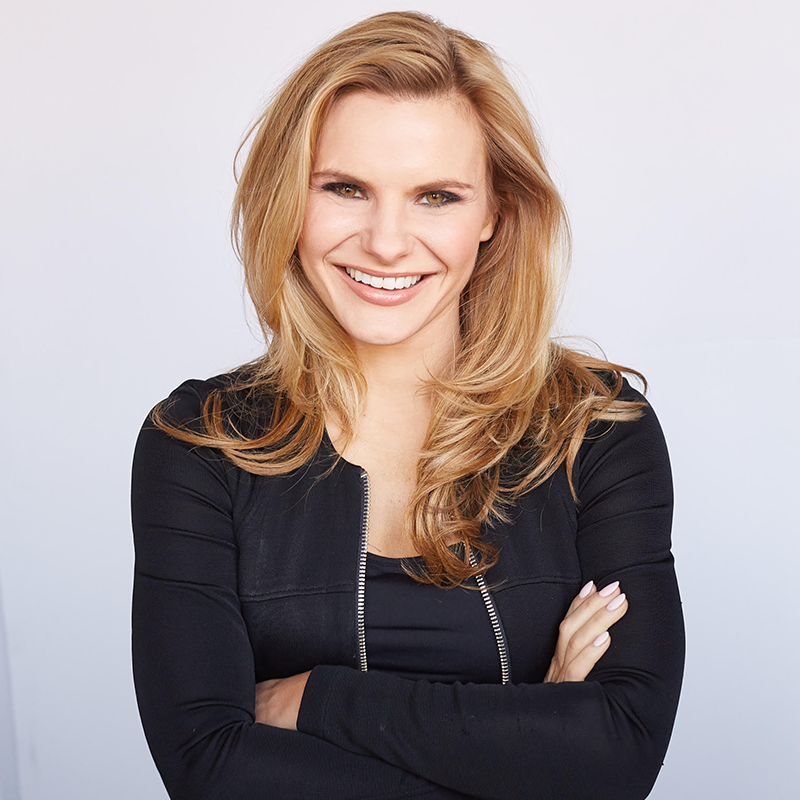YLaw Founder Leena Yousefi Is Building a Better Kind of Workplace

Canadian Business is relaunching in fall 2021, building on its platform as a trusted media brand and social network for the country’s fastest-growing companies and their innovative leaders, who are changing Canada for the better.
Canadian Business gives these leaders—and those who want to learn from them—the resources, networking opportunities, and inspiration to innovate, connect and continue to challenge the status quo. One of the ways we are doing this is through launching the Canadian Business Leadership Circle, CB’s leader-in-residence program where each month we engage a different C suite-level executive making an impact in their field. As part of the program, readers will have the chance to connect with these progressive-minded business execs for mentorship and professional development through exclusive content, virtual fireside chats and more.
Joining us as leader-in-residence for June is Leena Yousefi, a multi-award-winning lawyer and the founder of YLaw, the fastest-growing female-led law firm in Western Canada—and the first one of its kind to introduce a four-day workweek. Here, Yousefi speaks with writer Alex Derry about running a different kind of law firm.
What sets YLaw apart from other Canadian boutique firms?
We’re trying to move in the opposite direction of the way that traditional law firms are run. The priority for many firms is making as much money as possible and it’s created a very unhealthy environment. It’s not working anymore, either for clients or for lawyers. At YLaw we are moving back to the human aspect of practicing law: Our lawyers’ bios include photos of their children and pets, and what makes them happy. We’re bringing a more personal approach forward for our clients, who are typically going through emotional difficulty.
What drew you to a career in family and immigration law?
I was kicked out of university in the second year of my undergraduate degree. I had failed five out of eight courses and I was going through depression and anxiety, having just emigrated to Canada from Iran. I moved here as a teenager to a new setting where other students didn’t want to be my friend because I looked different and didn’t speak English. That type of rejection and shock had a huge impact on my performance at school and life in general. I was lost, numb and confused. One morning, my mother came to me and said: “It looks like you’re not getting anywhere, so I can get you a job at my bank as a teller.” That jolted me to work as hard as I could and prove everybody, including myself, wrong. I realized I’m good at arguing and writing. I ended up getting straight A-pluses and got accepted into 11 out of 12 Canadian universities. I chose the University of Victoria to continue my education because that was the university that initially gave me my chance and accepted me back after being expelled. The rest is history!
Why did you open your own private practice?
Over the course of my early career, I was told by peers and colleagues that I’m irrational, crazy, a loser, unprofessional, or I’m never going to make it. In 2013, I left the firm I had been at for two years and opened my own practice. I had about $10,000 in savings that just paid for renting 200 sq. ft. of office space and a couple of computers. I worked my butt off day and night—I was a full-time lawyer for eight hours of the day, I would come home and work for another eight hours on marketing. Then, within two or three years, I got to a level where I couldn’t service all the people who were coming to me, so that started the expansion. Slowly, I started implementing the things that people had called me crazy for, such as hiring women on maternity leave or part-time, being single moms, offering unlimited vacation to staff, and having a massive digital presence. Every single policy and major decision that I’ve made so far has paid me back tenfold. My aim right now is for YLaw to become the test kitchen of the legal profession’s future, and I hope to change it for the better.
What trends are you seeing in the kinds of cases you take on?
Immigration brings out the separation in a lot of situations. Spouses who immigrate to Canada from a country with a different culture, laws, and gender or racial discrimination realize they have rights, can work, and can do better. That might run up against the family dynamics they had in their home country, creating differences between the couples that result in separation. If a Canadian resident marries someone in India and brings them here, disputes can arise if the person who comes here files for divorce. The Canadian resident usually claims their spouse used them for citizenship, while the newly landed spouse may view it as: “I came here to a very financially controlling and belittling spouse, and I no longer want to be with them.” It’s phenomenal how much immigration law causes family law issues, and as you can imagine, COVID-19 has only made this more challenging. We handle both family and immigration law because we understand how the dynamics intersect.
How has COVID-19 affected your firm’s practice and workplace culture?
As far as our business goes, we have doubled in size since COVID-19. There are so many inquiries coming in that we don’t have enough lawyers for clients who want to retain our services. But I don’t want these kinds of cases—they’re tragic. Separations are so much more difficult to deal with during the pandemic. We’re doing our best to serve those clients, but it’s been difficult.
As far as our workplace culture goes, it’s been incredibly positive. The implementation of remote work at the beginning of the pandemic raised the question of: Why do we work at the office five days a week? There are no other female-led law firms of our size in Canada that have implemented a four-day workweek mainly because there’s a huge fear that if you work one less day, you’ll make less money. Astonishingly, we’ve increased profits by 10 per cent and staff size by 33 per cent in just two months. I’ve done so many surveys of our staff trying to find out if it’s working for them and the uniform response is that they’re more productive, focused, happier and loving life because that one day off gives them the boost they need to better serve our clients.
What does being in a leadership role mean to you?
I think feminine business practices are the future, in balance with masculine ones. If you look at our society right now—New Zealand Prime Minister Jacinda Ardern, Germany Chancellor Angela Merkel, or Dr. Bonnie Henry—women in leadership roles are doing wonderful things. They are coming into business with an empathetic yet assertive approach.
Being in a leadership role is such a blessing in this time because there is so much untapped potential. I’ve dedicated over 1,000 hours of my time since last year mentoring other women—junior lawyers, students—to show them that it can work. Especially since I have an infant, and I’m doing all this while being a mother who isn’t cutting corners. Women with children are usually looked at as a liability, but I think they’re an absolute asset for success.
How are you managing these challenges of being a new mom and running your firm during lockdown?
To be honest, sometimes I’m not. I don’t have a fairy tale story that’s any different from what other people are going through in the pandemic. It’s hard and, at times, horrible. I often go to bed thinking I just want to give up, and then I wake up in the morning remembering that I’m a fighter. I’m a person with a lot of vulnerability and fragility. Before COVID, I would balance myself with yoga, traveling, seeing friends, or getting away from it all. These days, I sometimes feel extremely claustrophobic and unable to balance myself because so many of these options have been taken away. Anytime that happens, I apply two techniques: First, I close my eyes and imagine myself a year from now when none of this is (hopefully) going to matter. I look back and say to myself, “that was tough, but I’m okay now.” I speak to myself as if I’ve come to me for advice because I find that I give better advice to others than I do to myself. Second, I try to take myself into nature.
What supports and resources should be implemented to help establish gender equity and inclusion in the Canadian workplace?
It’s mutually beneficial for businesses to stop being so rigid. That rigidity is losing women. In my business, I tell women they can work at any time from anywhere in the world if they’re meeting clients’ needs. If you need to take time off and tend to your children, do that. Providing autonomy and flexibility is going to help businesses become more profitable. If you don’t, you’ll lose great talent.
What are the biggest issues facing women pursuing a legal career and what advice do you have?
Fear is the biggest issue. Recently, an articling student came to me and said that at her law school, a partner from a law firm gave a seminar saying that you can’t be talking about work-life balance in an interview or you won’t get the job. That even a woman wearing a wedding band may be looked at as a liability. These people are planting fear in you. Women have internalized that we must put up with things that are wrong to ensure our security. It’s time for us to join together, be unafraid and support each other so that we can create environments that allow us to be more powerful.









